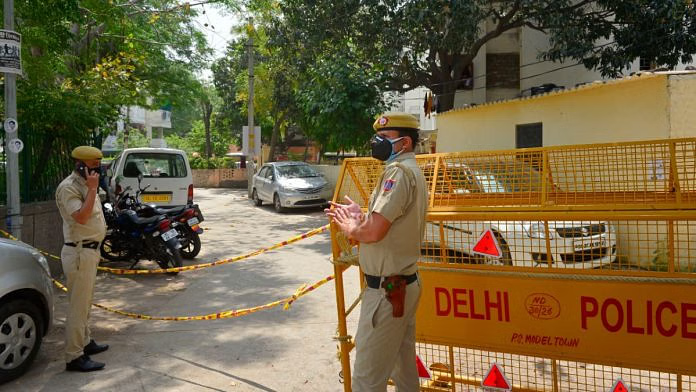Now Reading: Why India’s Drug Regulator Wants You to Flush These 17 Expired Medicines Immediately
-
01
Why India’s Drug Regulator Wants You to Flush These 17 Expired Medicines Immediately
Why India’s Drug Regulator Wants You to Flush These 17 Expired Medicines Immediately

In a rare but serious advisory, India’s top drug authority has asked people to flush 17 specific medicines if they are expired, instead of throwing them in the dustbin. The reason? These commonly used drugs, once expired, may pose serious health and environmental risks — a concern that has largely gone unnoticed in Indian households, especially in Tier 2 and rural areas.
What’s the Advisory About?
The Central Drugs Standard Control Organisation (CDSCO) has issued a public notice highlighting 17 medicines, including antibiotics, anti-allergy pills, and common painkillers, that should not be discarded in the regular trash. Instead, they must be flushed down the toilet or sink — a practice rarely recommended.
The warning stems from concerns that throwing expired medicines in the bin can lead to misuse, accidental consumption, or environmental contamination.
Why Flushing and Not Binning?
While many global agencies discourage flushing medicines due to water pollution, in this case, Indian regulators believe flushing is the safer option compared to dumping.
In India, waste disposal systems — especially in Tier 2 and Tier 3 cities — are often informal. Expired or unused medicines can fall into the wrong hands through ragpickers, landfills, or even re-packaging rackets. Flushing, though not ideal, is seen as a lesser risk in such situations.
Which Medicines Are on the List?
The list includes several familiar names that are commonly stocked at home, such as:
- Ciprofloxacin (antibiotic)
- Cetirizine (anti-allergy)
- Paracetamol combinations
- Ranitidine (acidity)
- Metronidazole (infection treatment)
These medicines, once expired, may not only lose effectiveness but could become harmful if consumed accidentally by children, pets, or the elderly.
What Should Households Do?
People are advised to:
- Check their medicine cabinets for expired drugs
- Immediately flush any of the 17 listed medicines if found expired
- Avoid giving away old or unused medicines to others
- Never burn or bury medicines, as this may pollute air or soil
In Tier 2 cities where healthcare waste disposal is often not formalized, awareness and individual responsibility become even more crucial.
A Call for More Public Awareness
Experts say this advisory should be seen as a wake-up call for safer medicine management at the household level. Most people in India are unaware of proper disposal methods, leading to risks that are entirely preventable.
Pharmacists and clinics are also being urged to inform patients about the safe handling of expired drugs, especially in non-metro areas where healthcare communication is limited.
Conclusion
The drug regulator’s new advisory is not just about flushing pills — it’s about flushing out ignorance around safe medicine practices. As medicine use becomes more widespread across Indian towns and homes, this move aims to protect both people and the planet from the hidden dangers of expired drugs.

























